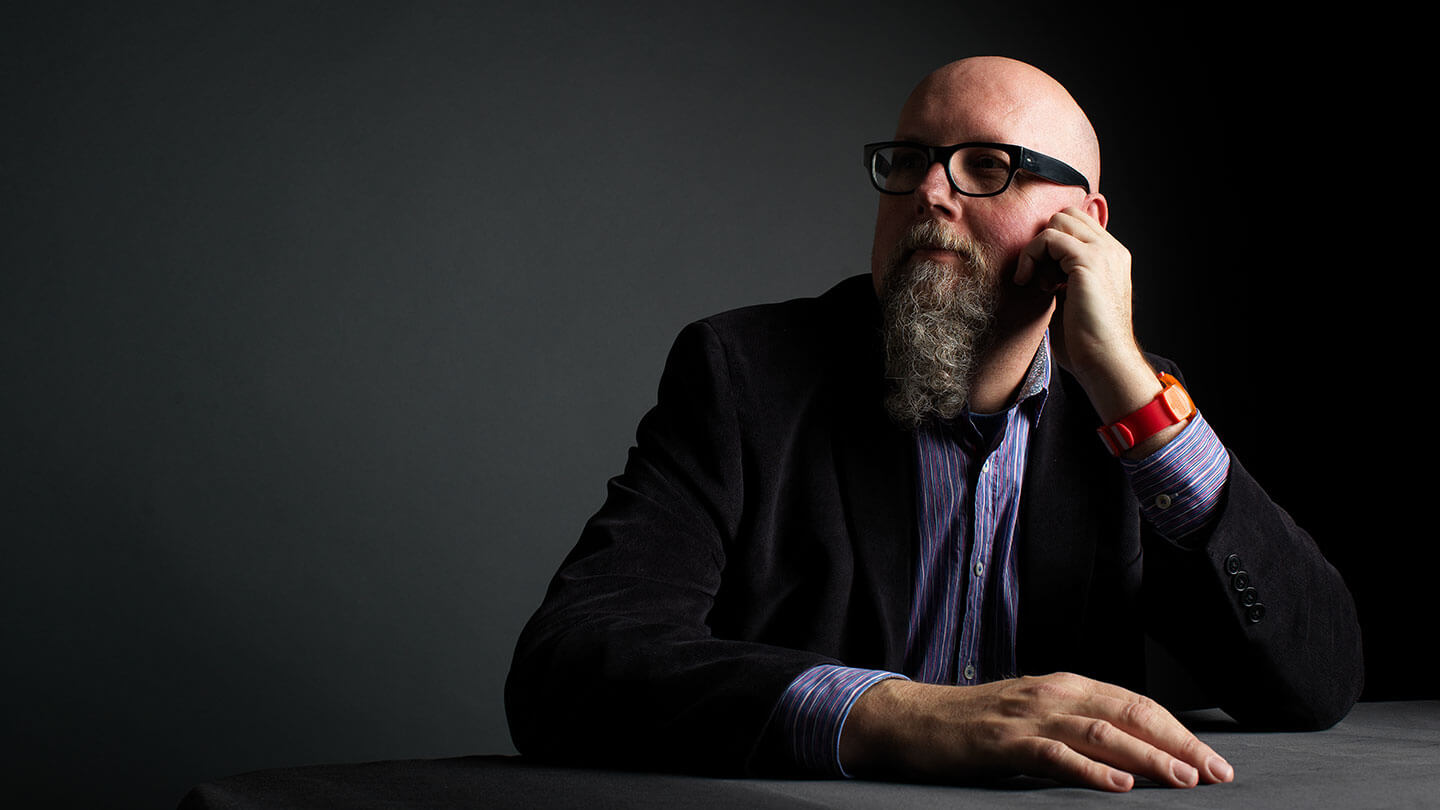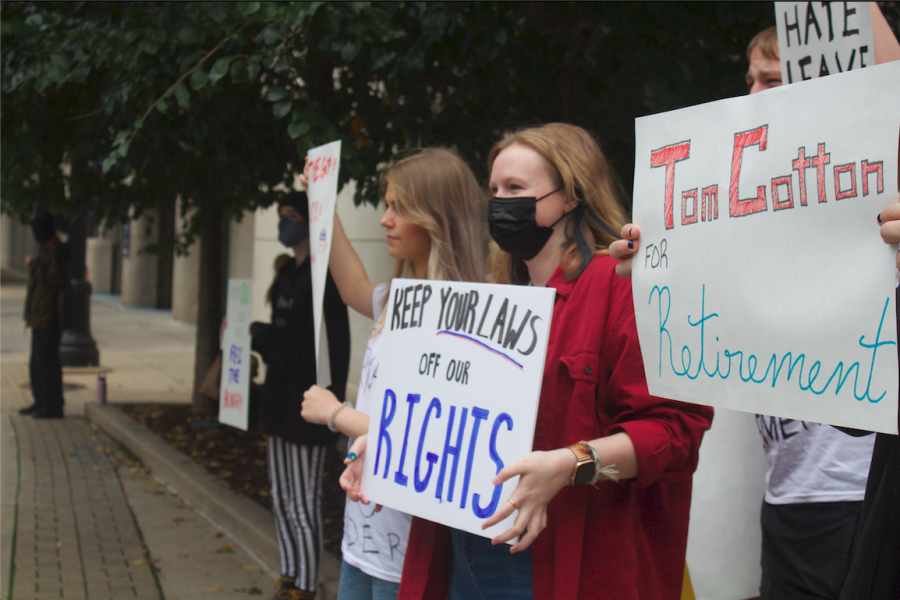“I think poetry is dead,” said Todd Boss, co-founder of Motionpoems, pausing briefly before he added, “just kidding.” By offering a new context for poetry, last Friday’s Motionpoems Film Festival affirmed that poetry is neither dead nor bygone, but alive.
Motionpoems is a Minneapolis, Minnesota–based non-profit arts organization that facilitates the rendering of poems into short films, hoping to expand poetry’s audience.
Co-founders Angella Kasube and Todd Boss have used their connections in the film and poetry worlds, respectively, to expand the project. Motionpoems has released nearly 100 short films in 7 years. Each film includes a complete reading of the featured poem along with the visual interpretation of the filmmaker.
In 2012, one featured poet was L.S. Klatt, professor of English at Calvin College and current Poet Laureate of Grand Rapids.
Klatt, who said he was “psyched” to have his poem, “Andrew Wyeth, Painter, Dies at 91,” adapted to film, said he couldn’t get Motionpoems out of his mind.
“Here, you have these two things kind of working in tandem. I think that’s exciting because, you know, they’re cross-pollinating,” he said, referencing the combination of the “more visually arresting” art form of film with “much quieter” poetry.
He praised Boss for his combination of entrepreneurial spirit and “real skin in the game,” being a poet himself.
“Poetry is an intimidating art form, maybe more so than ever today,” Klatt said. As Poet Laureate, Klatt hoped to make poetry “a little more accessible” by organizing the Motionpoems Film Festival.
The festival, which was held at the Wealthy Theater, included the screening of 15 Motionpoems films and a panel discussion with Todd Boss. Panelists included professors from Calvin College, Hope College and Grand Valley State University.
The films varied, exhibiting the breadth of options available to the filmmakers, who Boss said are given creative autonomy. From an animated stegosaurus to a solitary old man shot in black and white to elaborate sequences shot in a shopping mall, the films demonstrated the multifaceted power of film, while also keeping the poems at the forefront.
After the screening, both the panelists and the audience were given the opportunity to converse with Boss regarding the films shown that night and the project in general.
Boss was adamant that Motionpoems is not attempting to “improve” poetry, but rather to give poetry “another place in the arts.” The objective, Boss said, is “getting the poem out into the world in a different way.”
The “different way” offered by Motionpoems benefits the poets themselves by bringing their work to a new audience. Panelist Susanna Childress, a poet and English professor at Hope College, said, “This is an incredible gift to a poet, when no one is reading your work except your mom.”
“Poetry and film can be quite close,” said Calvin CAS professor and film scholar Carl Plantinga, citing their common ancestry of linguistic and visual elements.
Calvin sophomore Leigh Groninger said the event offered her “a different way to experience both poetry and film.” Her conclusion: “The two go together beautifully.”









